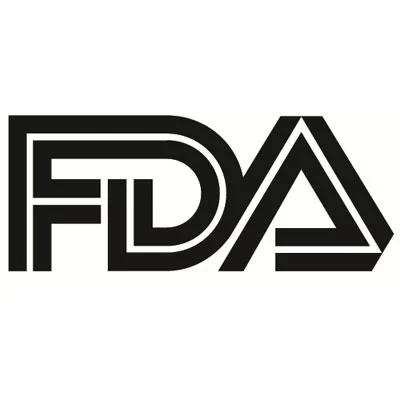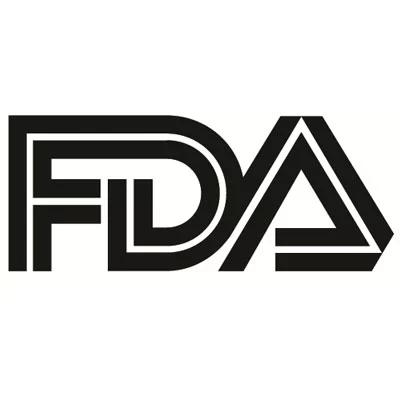
Merck announced this morning that the federal agency accepted the biologics license application (BLA) for clesrovimab (MK-1654), the company’s long-acting monoclonal antibody (mAb) designed to protect infants from respiratory syncytial virus (RSV) disease during their first RSV season.1
“This regulatory milestone, along with promising results from our pivotal studies demonstrating efficacy in the prevention of RSV disease, marks important progress toward our goal of having clesrovimab available in time for the 2025-26 RSV season,” Paula Annunziato, MD, senior vice president, infectious diseases and vaccines, Global Clinical Development, Merck Research Laboratories, said in a statement.1
What The Data Shows
The application is supported by results from the pivotal Phase 2b/3 CLEVER trial, a randomized placebo-controlled trial evaluating a single dose of clesrovimab administered to healthy preterm and full-term infants (birth to 1 year of age), and interim results from the ongoing Phase 3 SMART trial evaluating the safety and efficacy of clesrovimab versus palivizumab in infants and children at increased risk for severe RSV disease.1
Back in the summer, Merck reported data from its phase 2b/3 clinical trial evaluating clesrovimab. The mAb met its primary safety and efficacy endpoints, including reducing medically attended lower respiratory infections (MALRI) caused by RSV through Day 150.2
Participants were randomized to receive either a single dose of clesrovimab or placebo. The primary endpoints include the incidence of participants with RSV-associated medically attended lower respiratory infection from Day 1 (post dose) to Day 150 as compared to placebo and safety. Safety measures assessed included the percentage of participants with any injection-related adverse events (AEs), AEs of special interest (AESIs) solicited systemic AEs, or serious adverse events (SAEs).2
What You Need to Know
Merck’s biologics license application (BLA) for clesrovimab, a long-acting monoclonal antibody designed to protect infants from RSV, has been accepted.
The FDA’s Prescription Drug User Fee Act (PDUFA) date is set for June 10, 2025.
The Phase 2b/3 CLEVER trial showed reduced RSV-associated medically attended lower respiratory infections (MALRI) through Day 150 after a single dose.
To learn more about the monoclonal antibody, check out this interview: Merck’s Clesrovimab Shows Effectiveness in RSV Prevention for Infants
Clesrovimab is an extended half-life mAb developed as a passive immunization for the prevention of RSV disease. Clesrovimab is designed to be administered as the same single dose, regardless of weight, and is being studied in healthy preterm, full-term and at-risk infants to provide direct, rapid, and durable protection through their first RSV season against mild, moderate and severe RSV.1
PDUFA and Availability
The FDA has set a Prescription Drug User Fee Act (PDUFA) date of June 10, 2025.
“We look forward to working alongside the FDA on the review of clesrovimab, which, if approved, would be the first and only single dose immunization for infants regardless of weight designed to protect them for the duration of their first RSV season,” Annunziato said.
If approved, the company anticipates the monoclonal antibody would be available for ordering by July 2025, with shipments to arrive in time for the 2025 RSV season.






